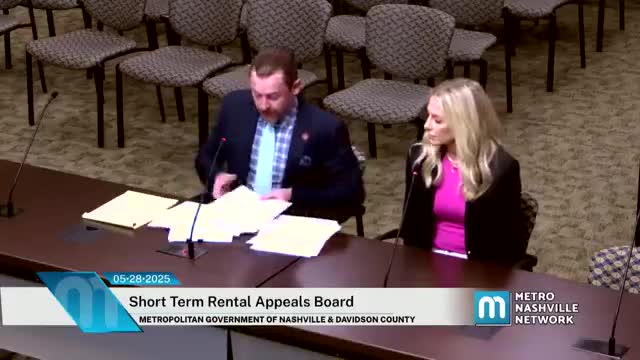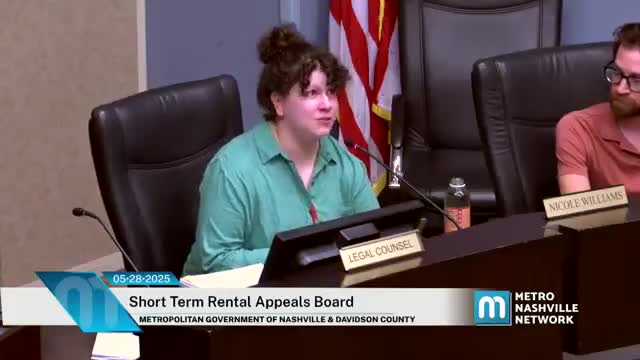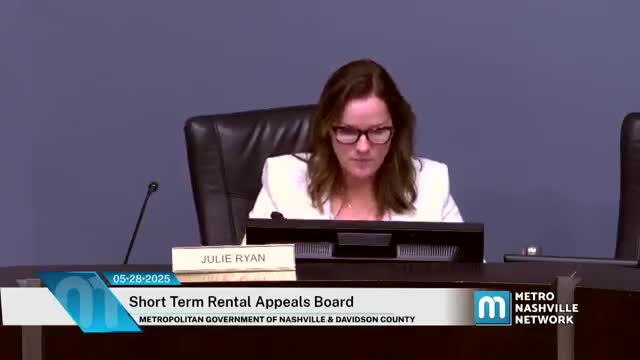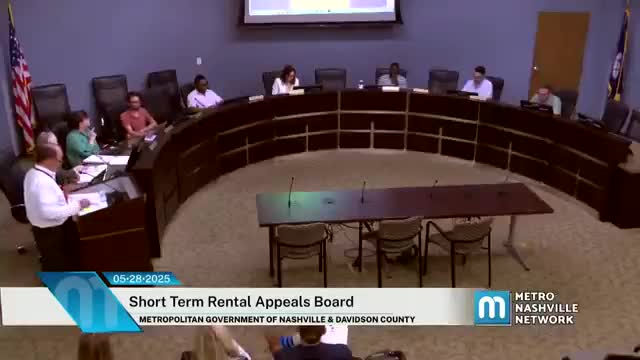Article not found
This article is no longer available. But don't worry—we've gathered other articles that discuss the same topic.

Board re‑elects officers, approves minor rule edits and completes ethics training

Board allows immediate reapplication for Cato Road owner after dispute over primary residence

Board grants limited relief to Boscobel Street owner who missed permit renewal

